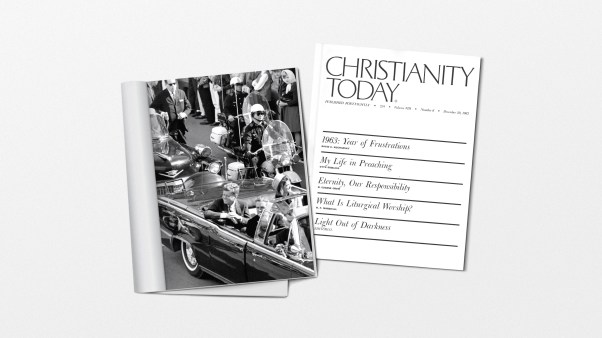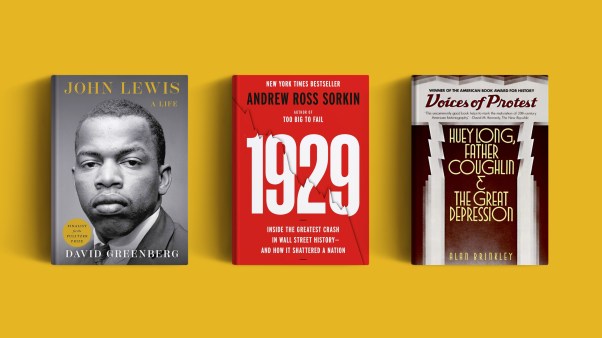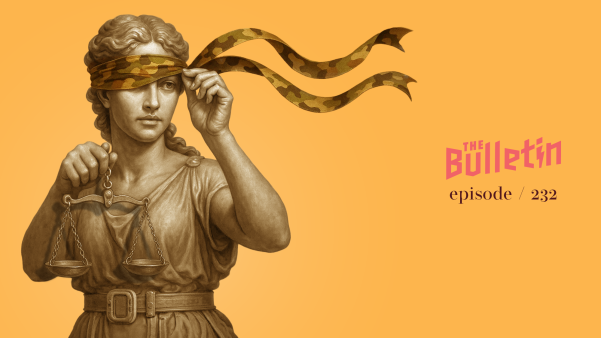What’s your best bet for spreading the word about your church? The Internet, of course. Well, maybe not. Believe it or not, the newspaper is still an important communication venue. Pew Research asked adults which sources they rely on most for information on businesses, restaurants, and clubs. Top responses:
Internet: 28%
Local Newspaper: 18%
Word of Mouth: 13%
Beat It
After a few minutes the choir and organ gave way to throbbing techno beats, as disco lights spun around on the sanctuary ceiling and the young crowd (did we need to say that?) leapt onto their chairs and began dancing. It’s the Techno-Mass. “There is already a hip-hop Mass, there is a rock Mass, and a jazz Mass,” 28-year-old priest and organizer Olle Idestrom of Stockholm said. “But it is mainly club music that we listen to and that we like dancing to, so it felt like a natural choice.” Idestrom is trying to reach the young people of Sweden, where attendance at in the national Lutheran denomination fell 50 percent in the last decade.
“People say this is exactly what the Church of Sweden needs,” he said. “We need to develop the services so that we have a service also for people, mainly from the younger generation, who like this kind of music.”
It seems to be working. While traditional services are often empty, the Techno-Mass is packed.
“It was super fun, it was really kicking, I didn’t think it would be this good before I came,” said 15-year-old Ella Schwarz. “The church isn’t really my kind of thing, but after this it seems like it is great,” she said.—with info from USA Today and Associated Press
R.I.P. Deep Thinking
As we cultivate the skill of scanning screens, many of us find it more difficult to read a book word by word and line by line. We seem to cultivate either the skill of deep reading or the skill of scanning … but it is difficult to maintain both skills.
Google CEO Eric Schmidt publicly worried about the effect this kind of reading—and about the impact of the Internet as a whole: “I worry that the level of interrupt, the sort of over-whelming rapidity of information—and especially of stressful information—is in fact affecting cognition. It is in fact affecting deeper thinking.”
A good portion of the Christian life requires the ability to concentrate and focus on ideas over long periods of time. Spiritual depth requires the ability to pray for more than a few minutes, to read and memorize Scripture—not to search for it online, and to love God with our hearts and our minds. This means that we must be careful to cultivate and retain the skill of deeply reading and deeply contemplating the things of God, something the Internet and digital technologies do not seem to foster.
—John Dyer in From the Garden to the City: the Redeeming and Corrupting Power of Technology (Kregel, 2011)
Copyright © 2012 by the author or Christianity Today/Leadership Journal.Click here for reprint information on Leadership Journal.










